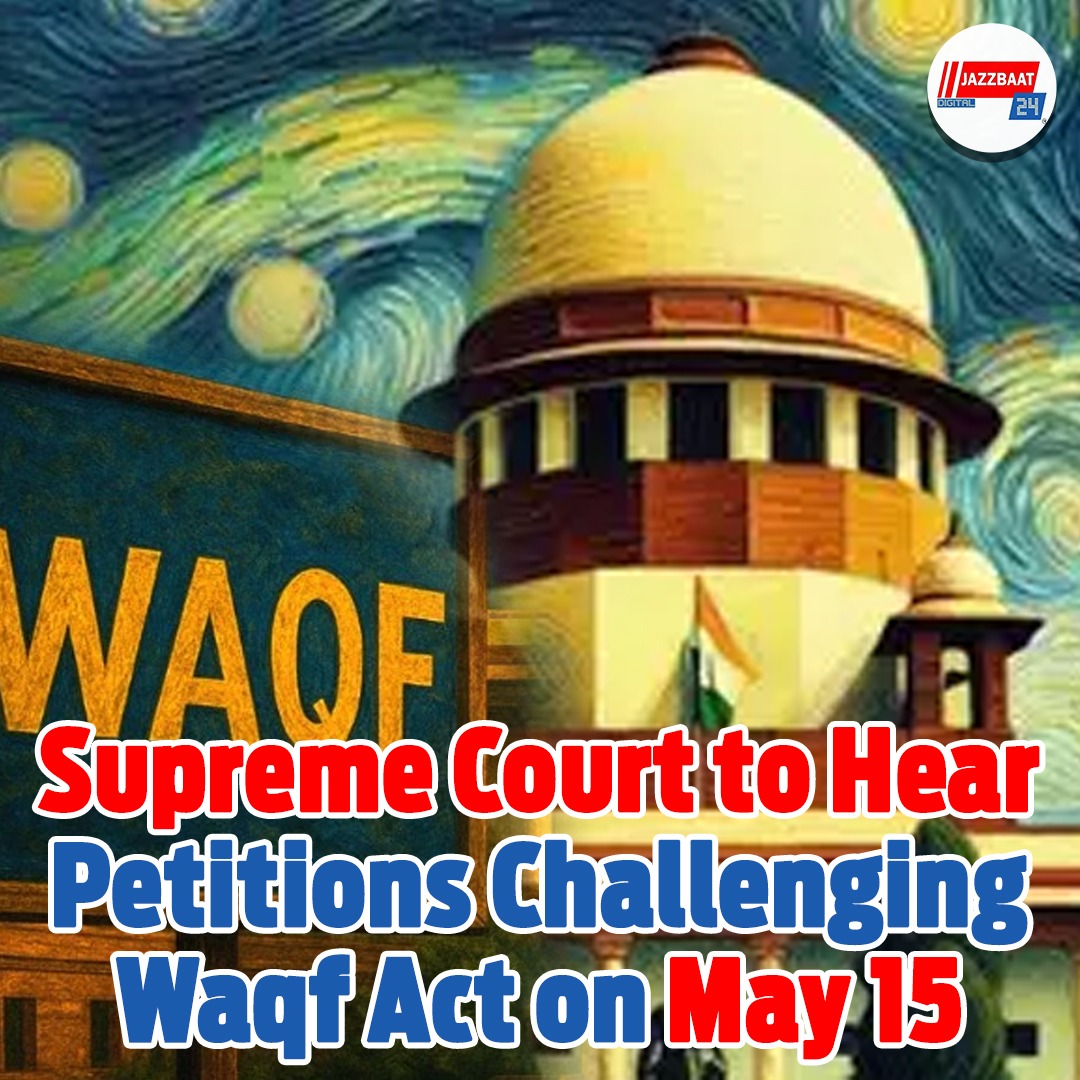
New Delhi:
The Supreme Court of India will hear a number of petitions on May 15 challenging the Waqf Act, 1995. The petitioners argue that the Act is discriminatory in nature as it grants special powers to one religious community, which is against the Constitution's guarantee of equality to all.
Waqf Act is a statute which allows regulation of land and property given for religious or benevolent purposes within the Muslim population. These properties are administered by Waqf Boards in state after state.
The petitioners are of the view that Waqf Boards are too autocratic and unrestricted. They also cite that some properties were so identified as "Waqf" without owners' permission, and disputes arose, giving rise to legal suits.
Alternatively, the proponents of the law claim that it is necessary to safeguard religious and charity properties and avoid their abuse. They opine that the law benefits the community and should not be repealed.
The Supreme Court will consider both arguments and determine whether the law is fair and within the provisions of the Constitution.
Numerous observers are following the case because what the court says will have a potential impact on religious property law in India.
The date set for a hearing is May 15, and subsequent coverage will be out later.